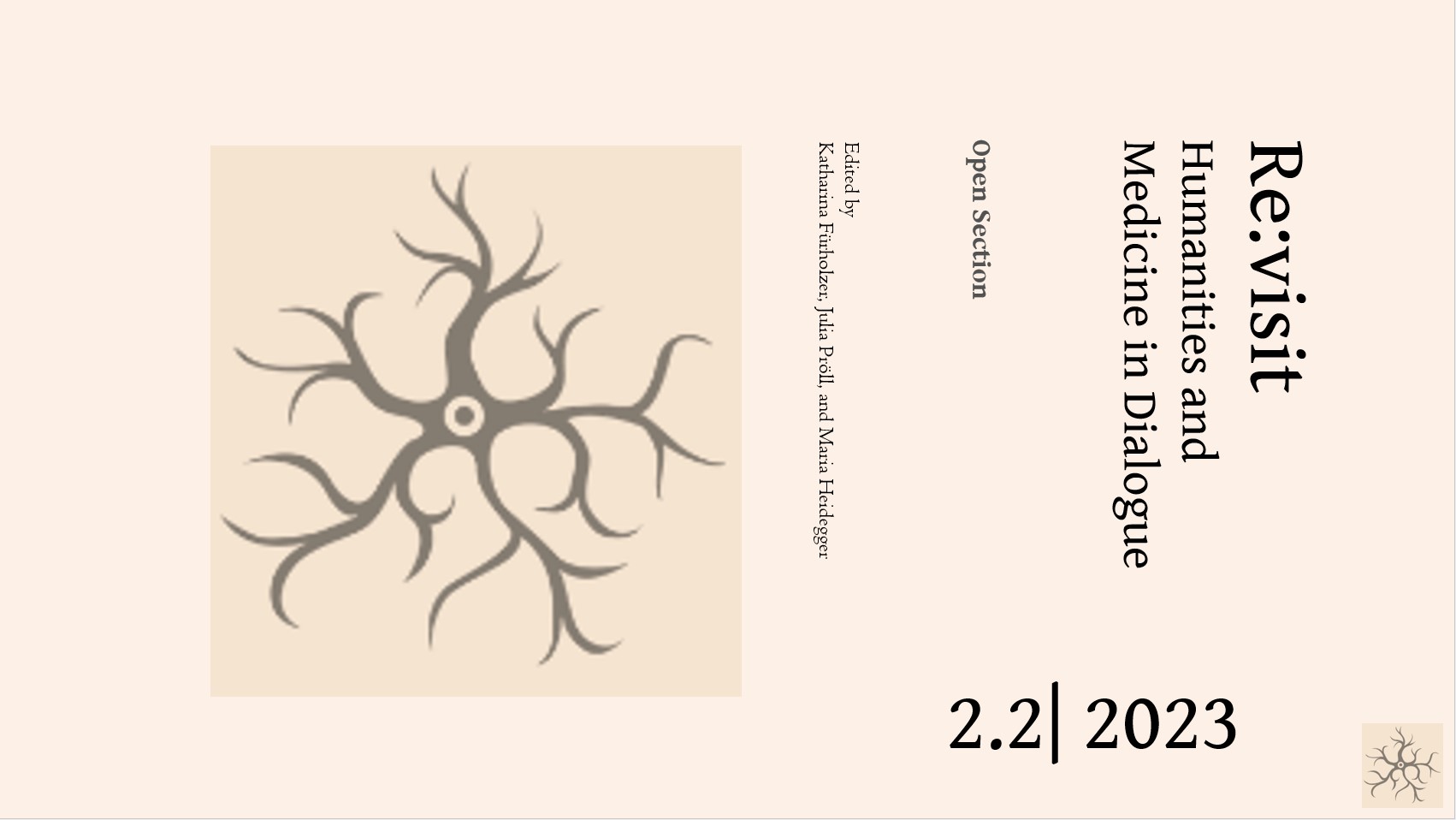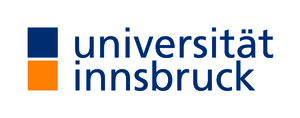"Ist Kunst auch eine Form von 'Medizin'?"
Die Infragestellung von Klassifikationen in Huang Yong Pings künstlerischen Installationen
DOI:
https://doi.org/10.57974/Re:visit_2023_2.10Schlagwörter:
Huang Yong Ping, Installationskunst, Chinesische Gegenwartskunst, Internationale Kunst, Medizin, Heilung, KlassifizierungAbstract
Huang Yong Ping (黄永砯, b.1954 ˗ d.2019) sought, in his artworks, to criticize the art institution and to deconstruct dogmas concerning official art and art history in order to reform and democratize Chinese contemporary art. This often took the form of contesting established systems, orders and classifications through the use of divination, prophecy, chance and gambling. Becoming increasingly dissatisfied with the medium of painting because it did not represent adequately the realities of life, he shifted his practice to installation and performance art, a move that was reinforced by his immigration to Paris in 1989. While he experienced the ‘death’ of painting in China, his conceptual art was reinvigorated in France. The article explores three installations created in this ‘second stage’ of his life which engage in both form and meaning with imagery and theories relating to health, medicine and healing. They draw on Eastern principles, materials and objects, combining these with Western references in an effort to overturn conventional classifications of East and West, medicine and art. We examine the connections Huang makes between the roles of the artist, diviner and doctor and his belief in the potential for art to be medicine, after the language used by artists has been purged of its impurities – dominant discourses and restrictive ideologies. We consider, also, the importance Huang attributes to Chinese medical history, especially how it produces spatiotemporal incongruities when received by both a contemporary Chinese audience and a foreign public. This disruption of expectations extends beyond medical objects and images to art institutions themselves and we investigate, lastly, the way in which Huang brings ‘non-art’ objects into exhibition spaces, offering a possible corrective to West-centric histories of science and international art and to reductive comparisons between East and West that are anachronistic in our age of transnational modernity.
Downloads
Veröffentlicht
Ausgabe
Rubrik
Lizenz
Copyright (c) 2023 Rosalind Silvester

Dieses Werk steht unter der Lizenz Creative Commons Namensnennung 4.0 International.



